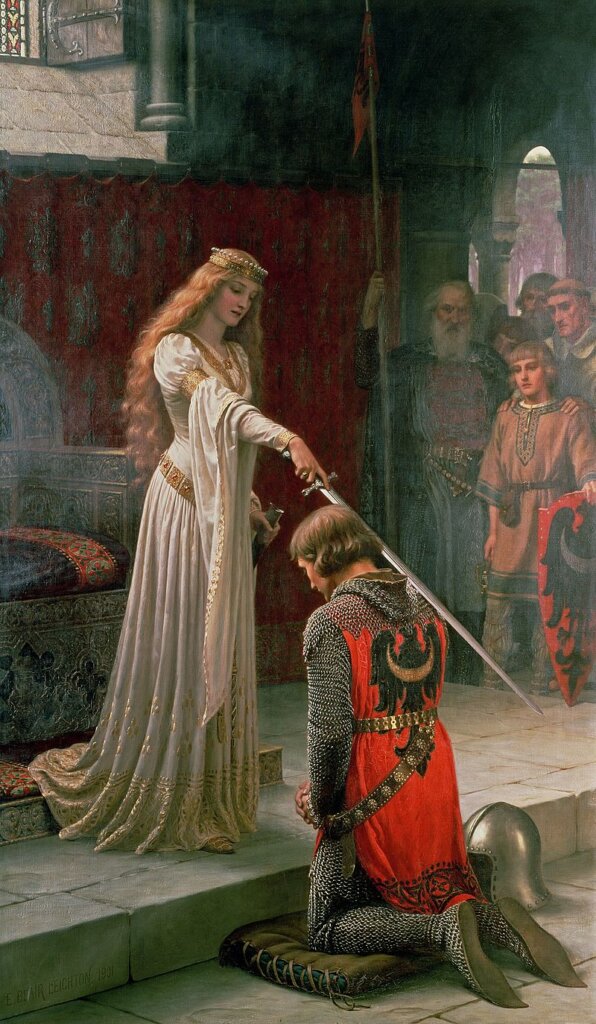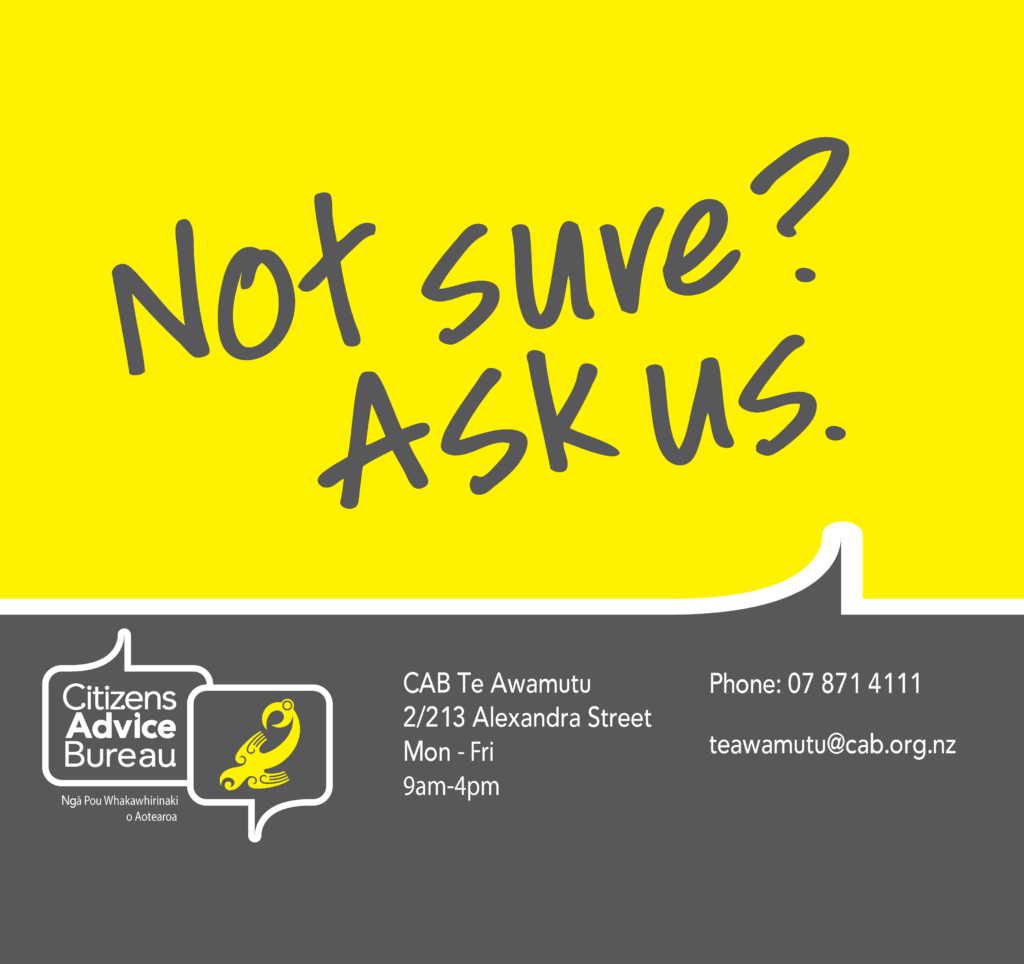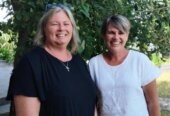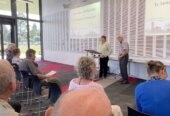
When a mystery horse came back from the Punui River in November 1888 without a rider it was taken into Kihikihi where it was identified as that of Sir Willoughby Dixon. He had last been seen riding up the road past Mr Bryant’s farm and appeared to have followed the road down to the river. A search party set out but it was too late – the honourable gentleman was found drowned at Anderson’s crossing, caught in an eel weir. It was an undignified end for the district’s reputed aristocrat.
Willoughby was the third son of Sir Jeremiah, Knight Companion of the Bath and Colonel in the British Army, and his wife Dame Jemima. Born in Lancashire, his family spent some time in Switzerland where his mother died of scarlet fever when he was seven. Willoughby had five siblings and after their father died in Scotland in 1848, Willoughby, 24, and his brother Charles, 26, struck out on their own for New Zealand, arriving at Auckland on the Ennerdale in 1849. In 1851 tragedy struck when Charles, riding towards Onehunga one evening, suddenly dropped from his horse. An inquest found he had died from apoplexy, caused by a brain vessel rupture.
Willoughby was farming at Titirangi but by the mid 1850s he was living and farming at Rangiaowhia. He partnered with John Cowell at Te Rore and they ran a large number of cattle on their leased run. The two men had the finest house built at that time in the Waikato, which was burnt down by Māori on General Cameron’s advance up the Waikato in 1864.
By his late 50s Willoughby had stopped farming and lived the life of a gentleman. It was while returning home from celebrating the Prince of Wales’ birthday in Kihikihi that tragedy struck. He appeared to think he was on the road to Alexandra, but he took the back road by way of Anderson’s farm, which led to the river close to an acacia grove.
At the inquest, held at Kihikihi’s Star Hotel, a verdict of found drowned was recorded. It was supposed that he attempted to ford the river in the wrong place, taking the water where it was 14 feet deep instead of at the shallows. Willoughby was very much intoxicated, which accounted for his having missed his road. He did not seem to know where he was going. His funeral was held at Paterangi in bad weather, but there was a large attendance. Willoughby was one of the oldest settlers in the district and was remembered for his quiet demeanour and obliging disposition.
Despite being known as ‘Sir’ Willoughby Dixon and receiving mail addressed to ‘The Honourable Willoughby Dixon’ he was not actually a baronet. His name was Robert Willoughby and his surname spelt Dickson. His estate amounted to five pounds – enough for a good suit of clothes and not much else.









